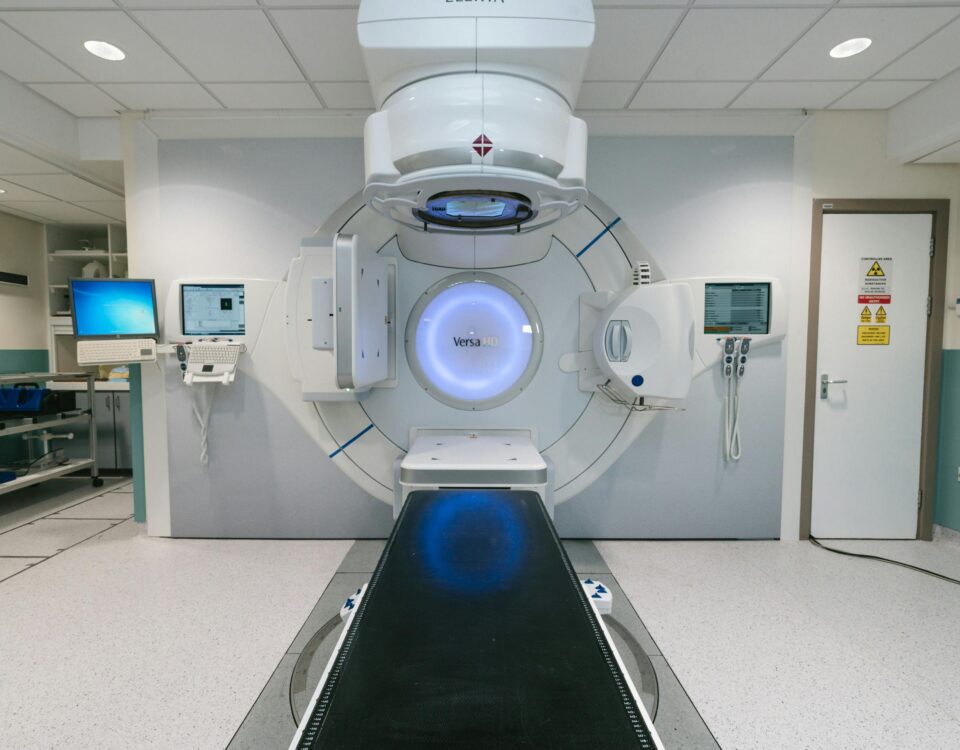
The Role of Endocrinologists in Hormonal Health
September 11, 2025
4 Remedies for Managing Migraines
September 12, 2025Primary care provides patients with continuous, comprehensive support throughout every stage of life. From routine checkups and preventive screenings to the management of chronic conditions, primary healthcare makes sure that health concerns are identified early and treated effectively. By building lasting relationships with patients, general physicians create a strong foundation that reduces risks and supports overall well-being over time. Here’s how primary healthcare establishes a foundation for long-term health:
Preventive Care and Detection
A key benefit of primary care is its focus on preventive services and early detection of potential health issues. Regular check-ups and screenings allow providers to identify risk factors and diagnose conditions before they become more serious. These preventive interventions are tailored to an individual’s age, gender, medical history, and lifestyle, providing a personalized approach to healthcare.
Primary healthcare providers also manage immunization schedules to protect against various infectious diseases. They offer guidance on screenings like mammograms, colonoscopies, and cholesterol tests based on your age, gender, and risk factors. Committing to preventive care and early detection also reduces the overall burden on healthcare systems. By identifying and addressing risks early, patients are less likely to require extensive treatments or hospitalizations.
Comprehensive Care Coordination
Primary care providers act as the central hub for your healthcare needs, coordinating all aspects of your medical treatment. When a health issue requires specialized attention, your general medicine doctor can refer you to the appropriate specialist, such as a cardiologist or an endocrinologist. They maintain a comprehensive overview of your health history, which is helpful for seamless communication between different healthcare professionals.
This makes sure that your care is not fragmented. Your general physician understands the complete picture of your health, including all medications and treatments you are receiving. This holistic view prevents conflicting treatments and medication errors, making your overall care safer and effective.
Patient-doctor Relationships
A consistent relationship with a primary care provider fosters trust and open communication, which are fundamental to effective healthcare. Over time, your doctor gains a deep understanding of your medical history, lifestyle, and personal health goals. This allows for personalized and effective medical advice.
When you trust your provider, you are more likely to discuss sensitive health concerns and follow their recommendations. This patient-doctor bond is a key element of quality general practice. It transforms appointments into collaborative discussions about your health, empowering you to take an active role in your own care.
Healthy Lifestyle Habits
Primary care providers are also educators who promote healthy lifestyle habits to prevent chronic diseases. They offer personalized counseling on nutrition, physical activity, stress management, and smoking cessation. Guidance is tailored to your specific health needs and circumstances, making it practical and achievable. By working with you to set realistic health goals, your general doctor supports you in making sustainable changes. For instance, they may develop a manageable exercise plan or provide resources for healthy eating.
Book Your Primary Care Appointment
Primary care plays a fundamental role in maintaining and improving your overall health. By focusing on preventive care, personalized guidance, and achievable health goals, primary healthcare providers serve as partners in your wellness journey. Contact a trusted healthcare practice near you to book your primary healthcare appointment today.





